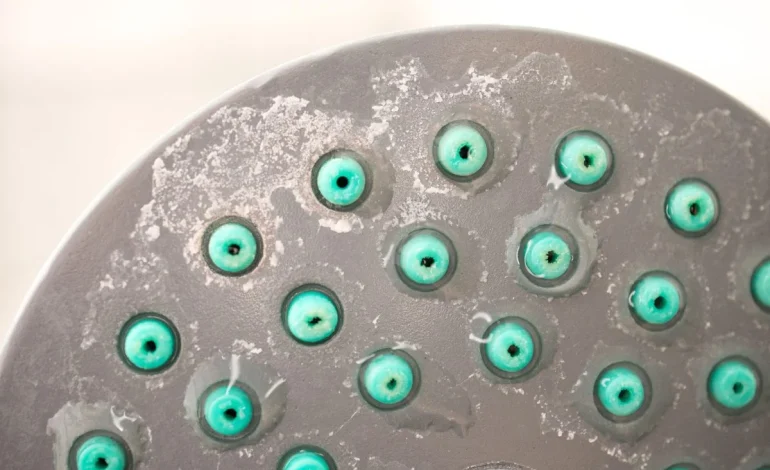A recent study by Northwestern University has revealed that bathroom fixtures like toothbrushes and showerheads host a diverse array of bacteriophages, viruses that exclusively target bacteria rather than humans, Sci Tech Daily reports.
This discovery, while surprising, holds potential for medical advancements, particularly in combating antibiotic-resistant bacteria.
The research, published in Frontiers in Microbiomes, identified over 600 different viruses in bathroom samples, with no two samples being alike. Lead researcher Erica M. Hartmann emphasized the remarkable biodiversity present in everyday environments and noted that these previously unknown bacteriophages could serve as tools for treating harmful bacterial infections in the future.
While these findings highlight the hidden complexity of our surroundings, Hartmann reassured the public that the viruses found pose no threat to human health. Instead of alarm, she encourages embracing the presence of these microbes, as many play beneficial roles in maintaining bacterial balance.
In the long term, researchers hope to harness these bacteriophages for medical applications, particularly in targeting dangerous pathogens such as those causing tuberculosis and chronic lung infections. For now, simple hygiene practices like regularly replacing toothbrushes and cleaning showerheads with basic methods like soap or vinegar are sufficient to maintain cleanliness without over-reliance on disinfectants.









